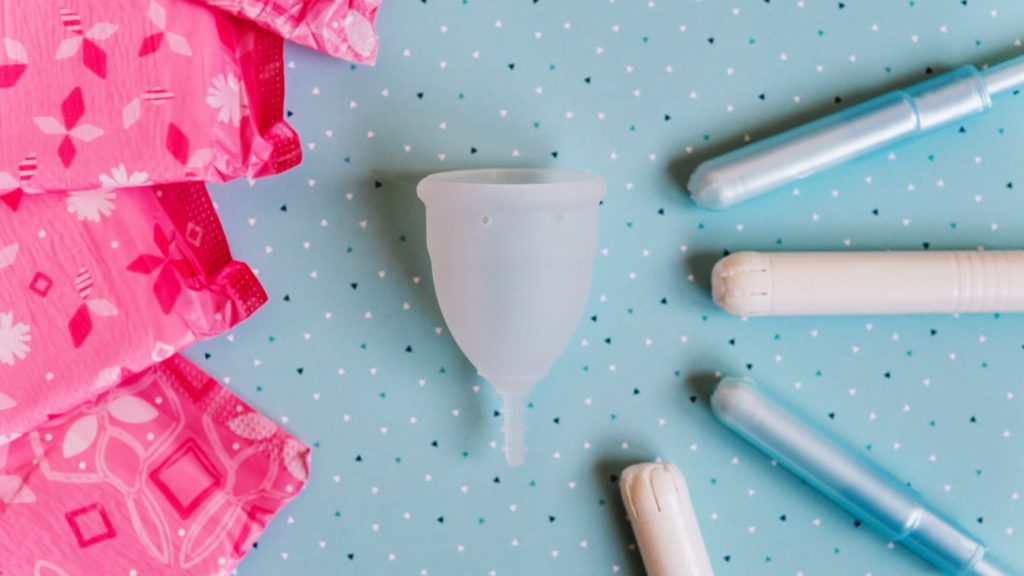Have you ever noticed the absence of an emoji that represents a basic human need? Where is the tampon emoji? The use of emojis can end taboos, facilitate difficult conversations, normalize global symbols, and represent groups of people. Emojis have become a universal language, enabling everyone to express emotions, needs, and everyday experiences. In this blog post, we will delve into the importance of emojis in breaking down barriers, specifically when it comes to the menstrual hygiene conversation.
Wildly Spaces is leading the charge to push Unicode into approving a tampon emoji. The tampon emoji has been proposed many times before, but unfortunately, all previous efforts have been denied by Unicode, the organization responsible for approving emojis. Wildly Spaces is collecting signatures to show Unicode the amount of people who believe in the importance of the tampon emoji. They request support by signing the petition or following their Instagram account where they encourage other organizations and individuals to join the cause.
The newly added emoji of a blood droplet had a similar trajectory. Plan International UK paired with NHS Blood and Transplant to submit the proposal for the droplet design with the backing of over 55,000 voters. This result proves that the voice of the people is powerful and can lead to change. This is why Wildly Spaces is hopeful that with enough support, the tampon emoji will be approved. There are hundreds of other emoji symbols, yet not one for period products. This omission highlights the still-existing taboo around menstruation, something that affects half of the world’s population.
Emojis are more important than just being cute icons that convey emotions. They have the ability to normalize conversations and break down taboos. Including the tampon emoji in the lexicon would help to normalize discussions around menstrual health and hygiene. Many women consider menstruation a taboo topic and are not comfortable discussing it openly, even with their healthcare providers. A tampon emoji can help remove this stigma. It can also be useful for women who experience irregular cycles or are experiencing other menstrual health issues, helping them to convey this information more comfortably.
Finally, the tampon emoji is essential for representation and inclusivity. The current mix of emojis has limited representation for people of different backgrounds. Having a tampon emoji would acknowledge the experiences of billions of women worldwide who use period products. It would also be an important step to breaking down the gender barriers that still persist in our society.
Emojis are more than just cute icons that convey emotions; they represent human experiences and can help end taboos and facilitate conversations. The proposed tampon emoji is an essential symbol that could help to normalize discussions around menstrual health and hygiene. Wildly Spaces’ efforts to collect signatures demonstrate the importance of this issue and highlight the power of collective action to push for change. Let us hope that Unicode realizes the importance of the tampon emoji and approves it soon, giving half of the world’s population the representation, inclusivity, and acknowledgement they deserve.
